A big thank you to Miniland Educational for sending a selection of games for us to play. No form of monetary compensation was received for this post, we just wanted to share how important social and emotional learning with Miniland Educational really is.
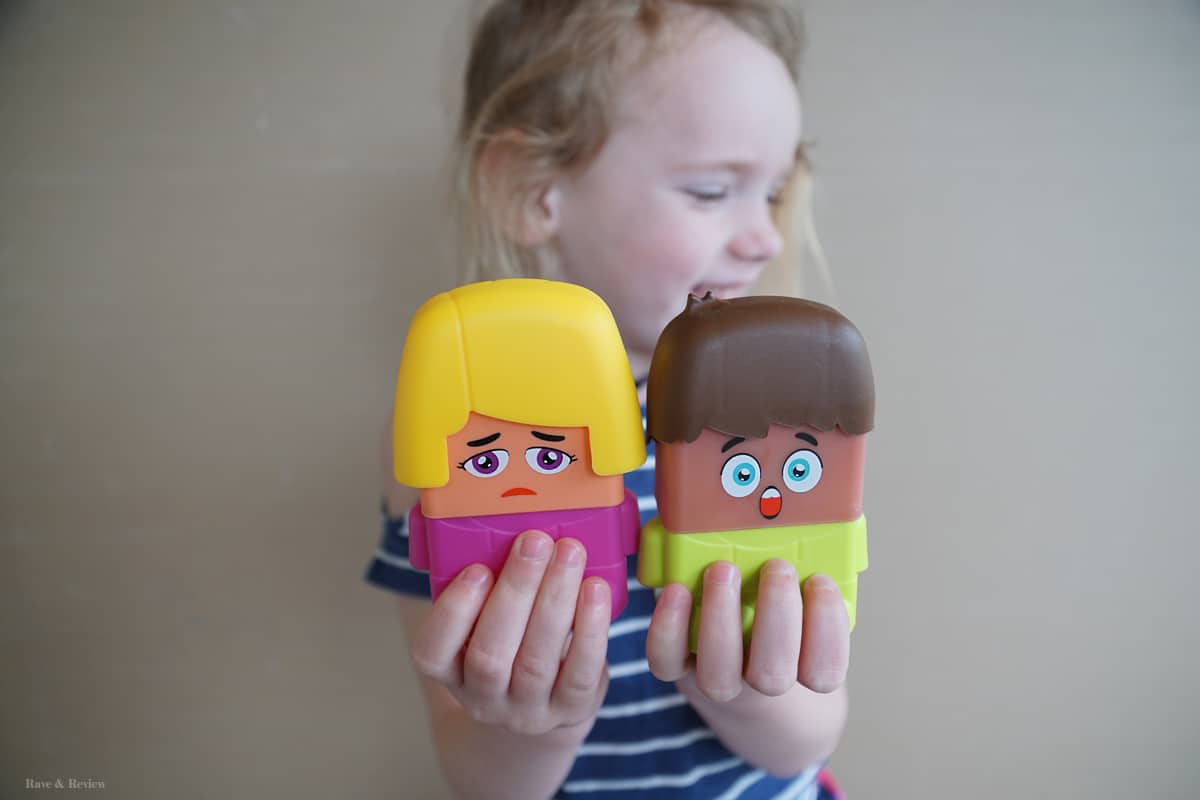
Kids have trouble identifying and describing their feelings in normal circumstances. These are not normal times, so it makes sense that kids are struggling.
I, for one, know many kids who have really big emotions and no words to describe them. If grown adults sometimes have a hard time putting aside emotions and talking to each other empathetically, how on earth can we expect kids to be able to calmly discuss their emotions and focus on SEL?
What is SEL?
Social and emotional learning {SEL} is the process through which children and adults acquire and effectively apply the knowledge, attitudes and skills necessary to understand emotions. SEL helps manage emotions, set and achieve positive goals, feel and show empathy for others, establish and maintain positive relationships, and make responsible decisions, among other things.
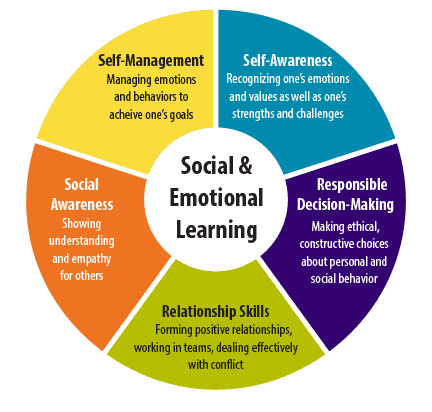
Basically, it’s the process of learning and applying social and emotional skills.
Miniland Educational has been helping educators give kids the tools they need to express themselves through play for years, but I’d urge parents to check them out as well. These are strange times, and sometimes that calls for an educator’s toolbox.
Miniland Educational has the tools you need
These sets from Miniland Educational may be designed for classrooms, but that doesn’t mean that they aren’t useful at home – either during faux school or just for fun. Whether you are looking for fun activities to keep them busy for hours or you’re looking to play hands-on with your children or in groups, Miniland Educational has you covered.
Social and emotional learning with Miniland Educational
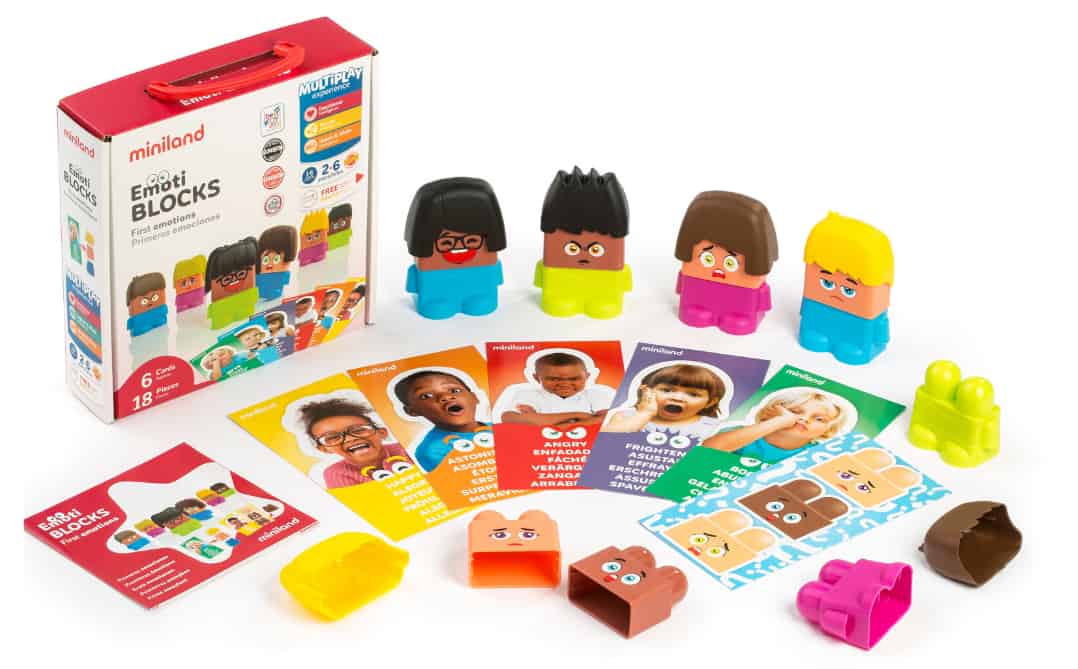 Emotiblocks
Emotiblocks
Their Emotiblocks are one of their best sellers for a reason. The set is not only cute and irresistible to kids, it also has so many learning opportunities packed within it. The Emotiblocks are a set of characters with interchangeable pieces so kids can create their own characters. You don’t need to play the game itself if you don’t want, you can simply build people as my kids enjoy doing. They like to create families and friends and tell all sorts of stories about the characters they dream up, and what those characters might be feeling.
There are over 100 possible combinations for characters, which my kids found lots of fun. The game comes with double sided activity cards showing real children expressing an emotion and is an entertaining tool to help children become familiar with the basic emotions. 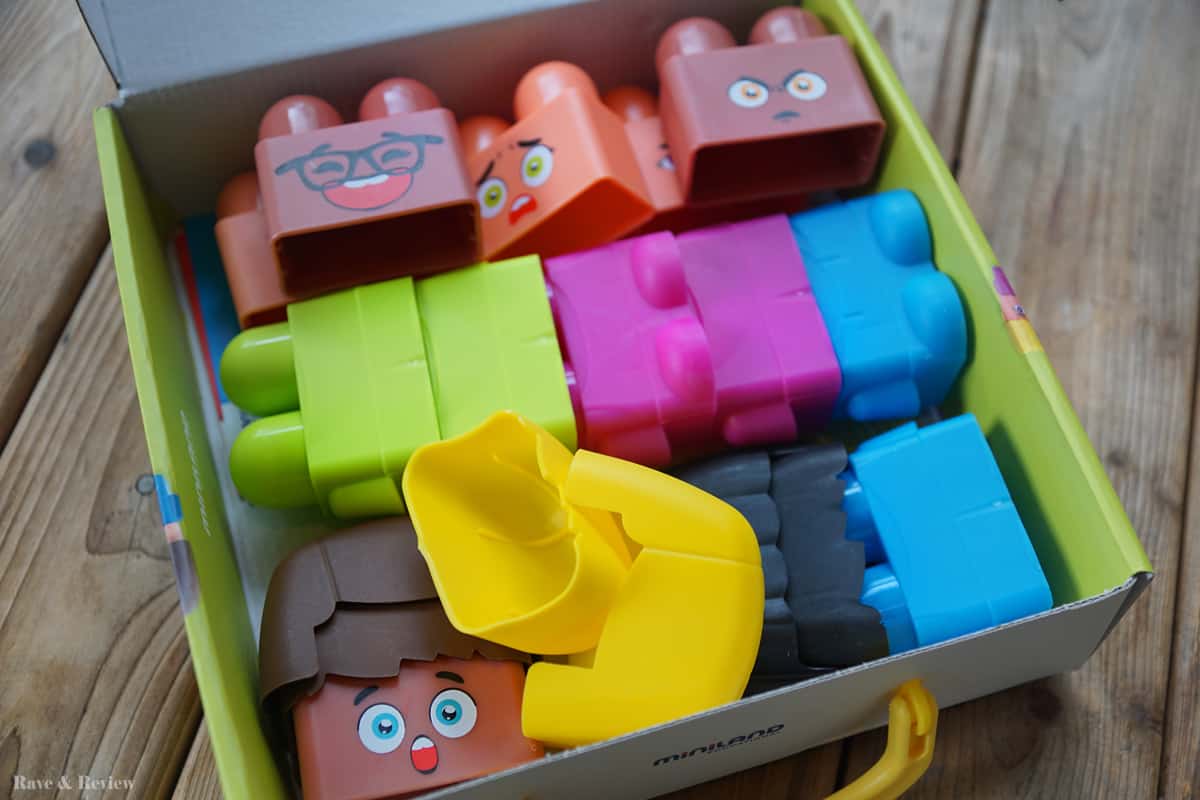
You can play the game as designed with your kids, or you can give them free reign to create their own learning opportunities. It’s obvious at first play why Emotiblocks has won so many Social and Emotional Learning category awards.
Ages: from 2-6
Skills: communication, empathy, cooperation, social and cultural awareness
Mosaic Art 3D Building Set
If you have a little builder, the Mosaic Art 3D building set from Miniland Educational is going to be a huge hit. Not only can you build complex shapes out of basic pieces, you can also take those designs into the next dimension and make them 3D. Bring your designs up off the building board for even more advanced fun and a bigger challenge for older kids.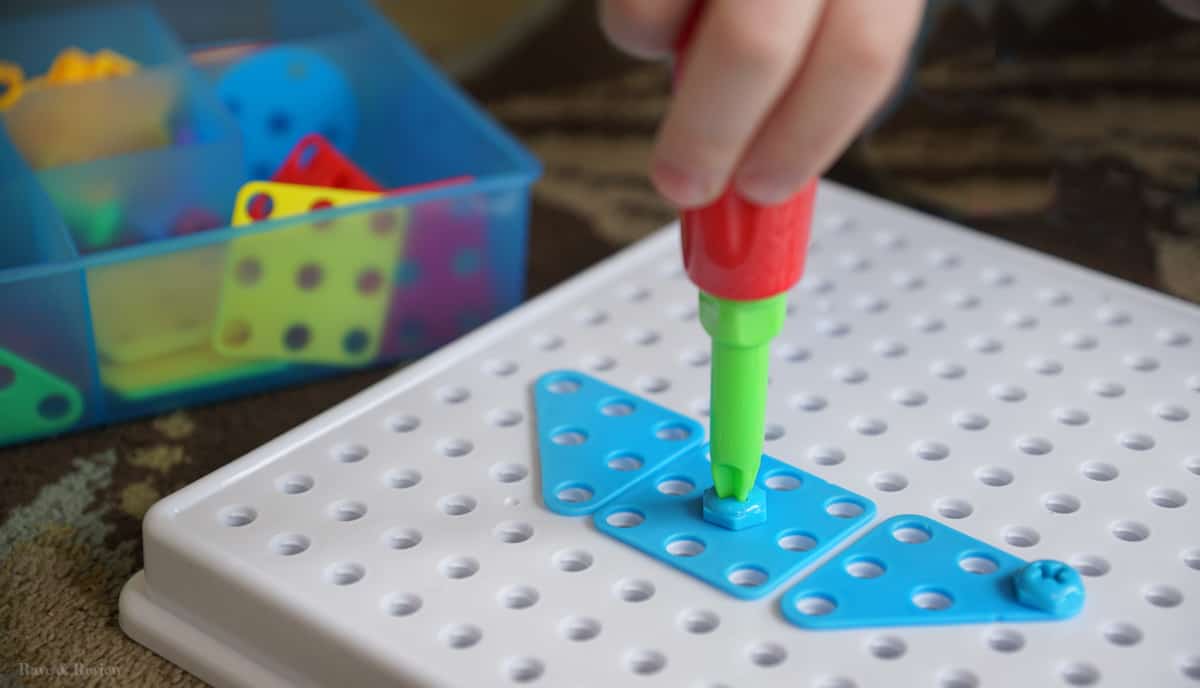
The Mosaic Art board is really neat because it allows the kiddos to freely create on top of it, but it also attaches to the shape storage compartment so you can keep all those little pieces contained when not in use. It comes with 181 pieces {including tools} as well as 12 activity games to keep them busy for hours.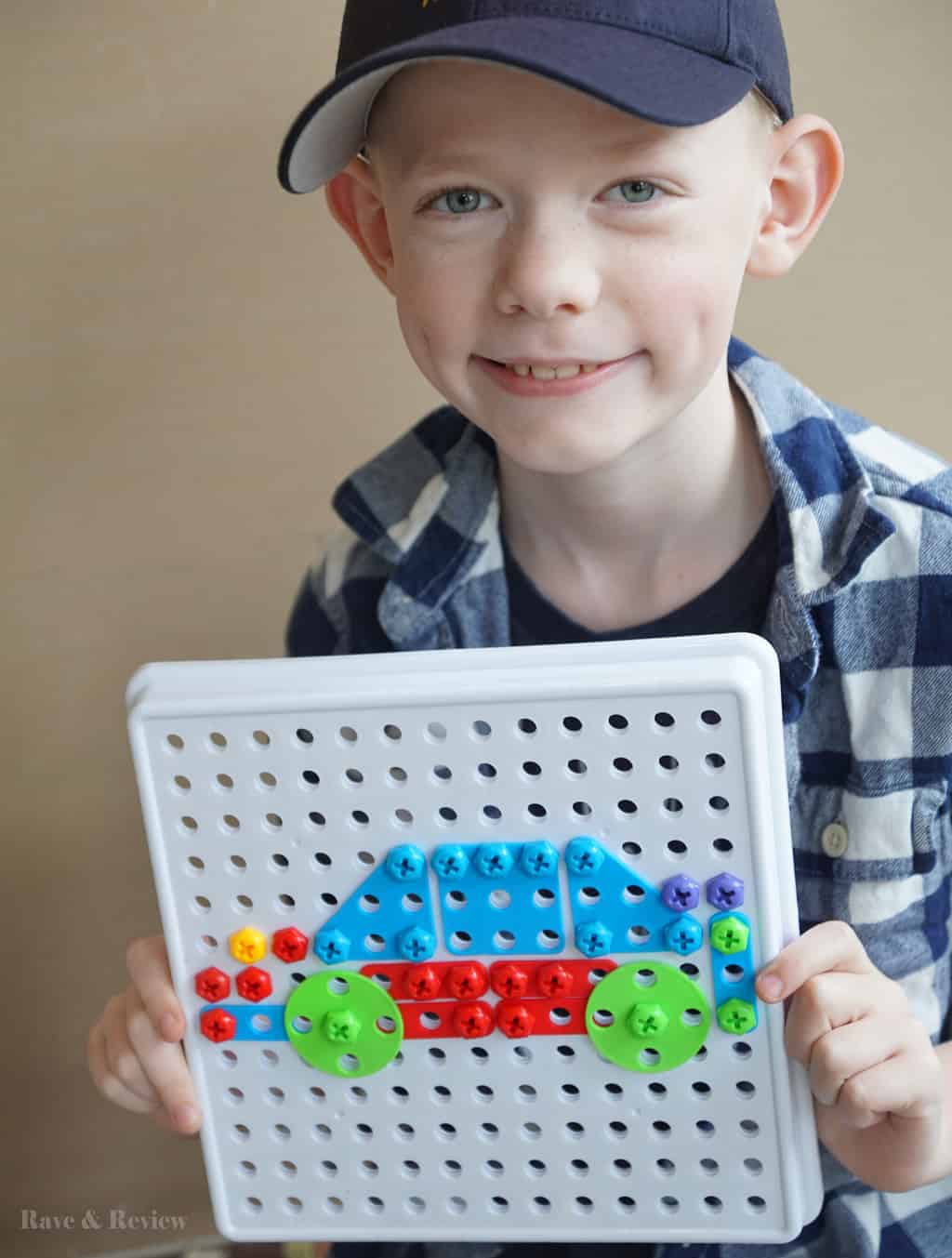
Ages: 4-7
Skills: problem solving, fine motor skills, spatial orientation, logical and critical thinking
Emotions Detective
Their Emotions Detective game creates an opportunity for educators and parents to open a dialogue about every day conflicts. Children can develop their deduction skills as they interact with a magnifying glass, just like a true detective.
Kids can pick out clues and follow those leads to the “solution”, which is the emption of their investigation. This is one of the first games I’ve ever seen that is almost entirely based on SEL, and I can see how it would be handy for kids who struggle with emotions or recognizing emotions in each other.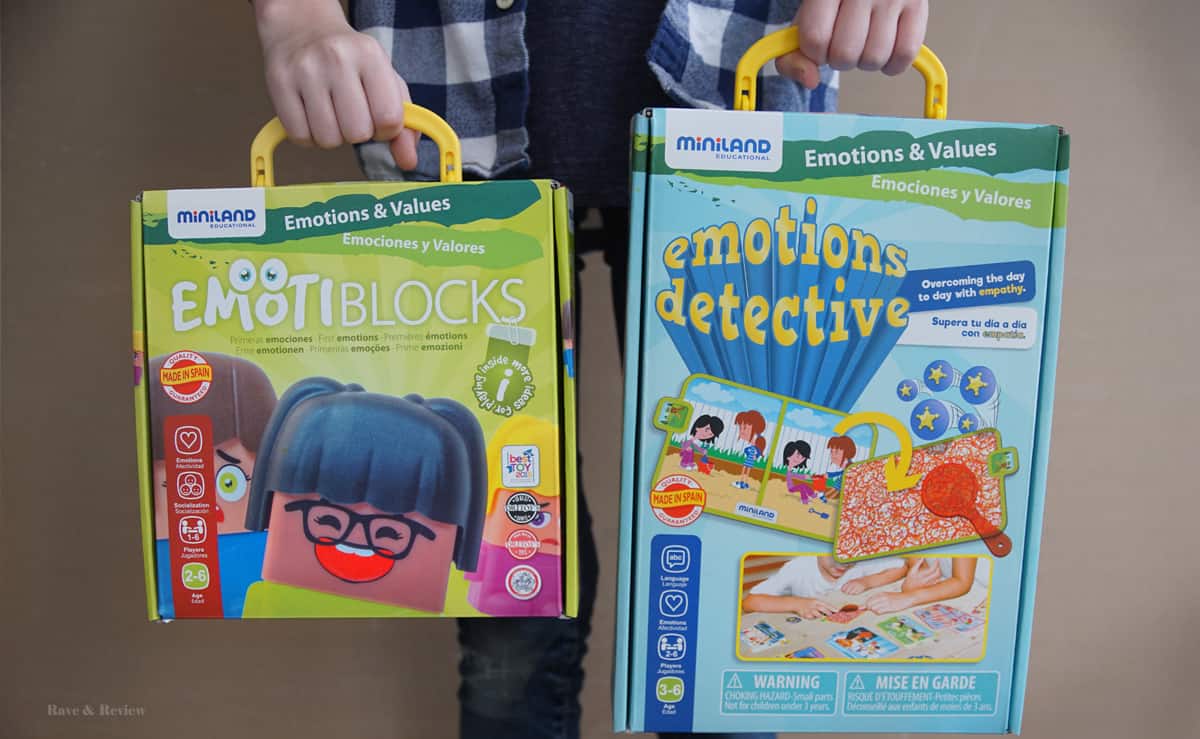
The game includes 4 magnifying glasses, making it a perfect family activity to play while stuck at home.
Ages: 3-6
Skills: communication, empathy and cooperation, leadership, social and cultural awareness
Family Diversity Blocks
Like most families, race and family issues have been at the forefront these past few weeks. Explaining different kinds of families in a simple manner to young kids can be a challenge, and Family Diversity Blocks make it easy.
This game helps with understanding the different kinds of family that children may encounter in modern society, encouraging respect for diversity with activities involving moving and building. It is a fun way for children to mix and match blocks {hair, face and body} to build families however they would like. The game comes with three different hair colors, three different skin tones, adult and child bodies and one pet.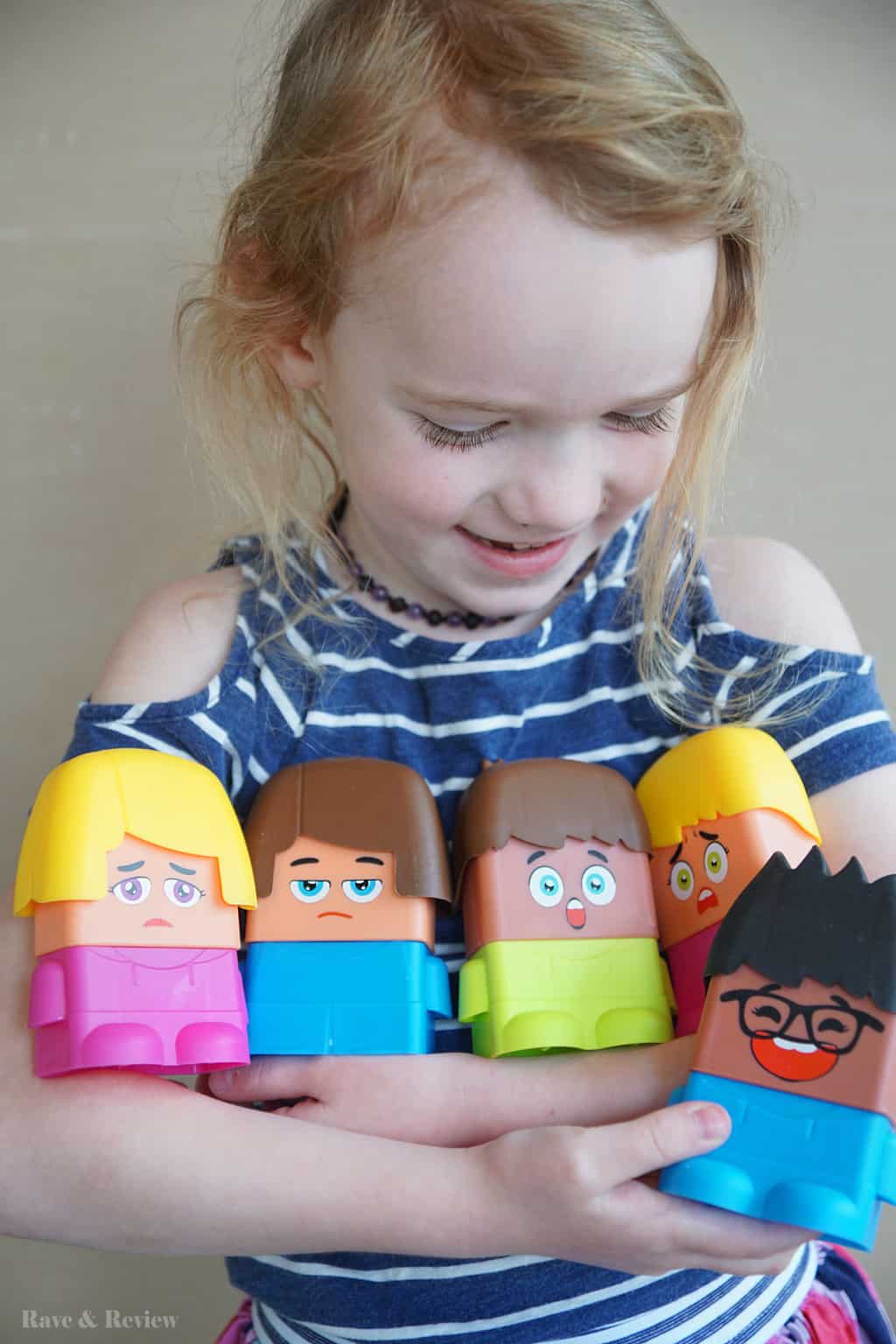
Ages: from 2-6
Skills: communication, empathy, cooperation, social and cultural awareness
Go easy on yourself, parents
It’s hard to be a parent these days, and it’s even harder when we’re all wearing so many hats. We are faux teachers, the keeper of all snacks and food, emotional support, and we are also supposed to keep these kids busy for days and days on end without leaving the house. Oh, and some of us still need to work. It’s all so exhausting, and I get that some days it’s easier to set them in front of an e-book and call it good.
Allow yourself to do that, if for nothing else than for your own sanity.
But, then some days, try and see all this stopping and sheltering at home as a gift. Know that this time isn’t going to last forever, even though sometimes it feels like it. Know that your kids don’t need a perfect parent, but they do need you. Remember to push through the stress and the worry sometimes and just play with your kids.
They need it, you need it, and you may just come out of this stronger than we went in.
Playtime doesn’t have to be stressful
Playtime is absolutely crucial, and I would argue it’s more important than ever before. Playtime allows kids to turn off the stress that they feel and just *be kids*. Just being kids is an essential skill, and it will help your kids in so many situations, especially managing emotions.
Want to learn more about Social and emotional learning with Miniland EducationalMiniland Educational?
Check out the Miniland Educational blog to see how they describe SEL and why it’s so important for kids and adults.

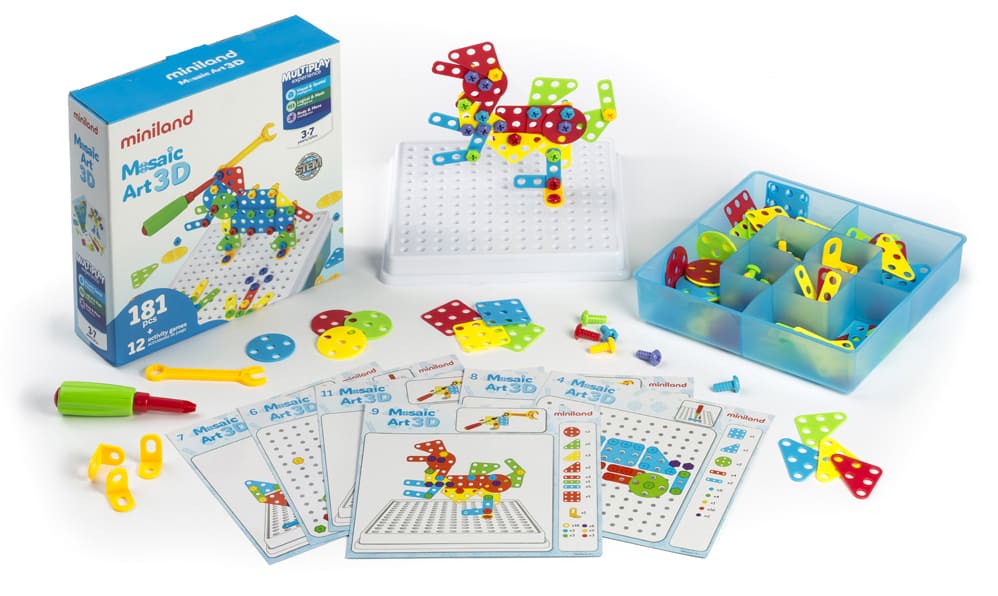
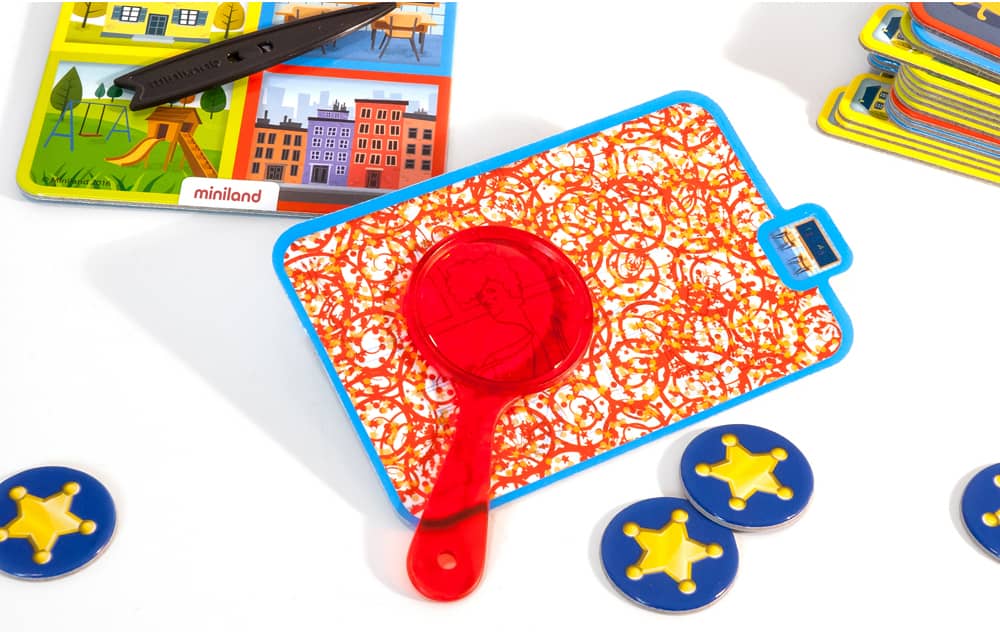
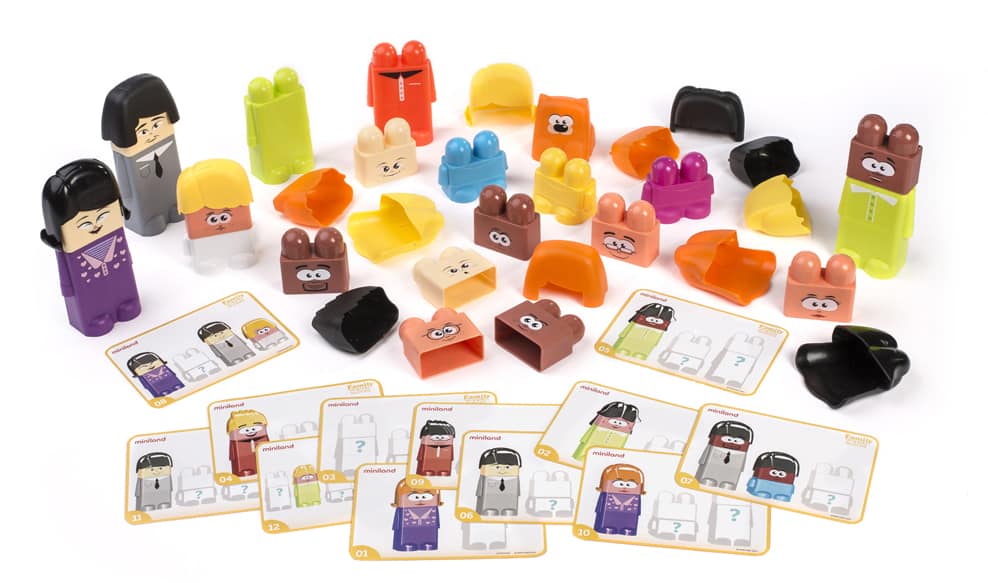
Such a cute toy.
This would be great for the kids that I watch!
This looks like a lot of fun.